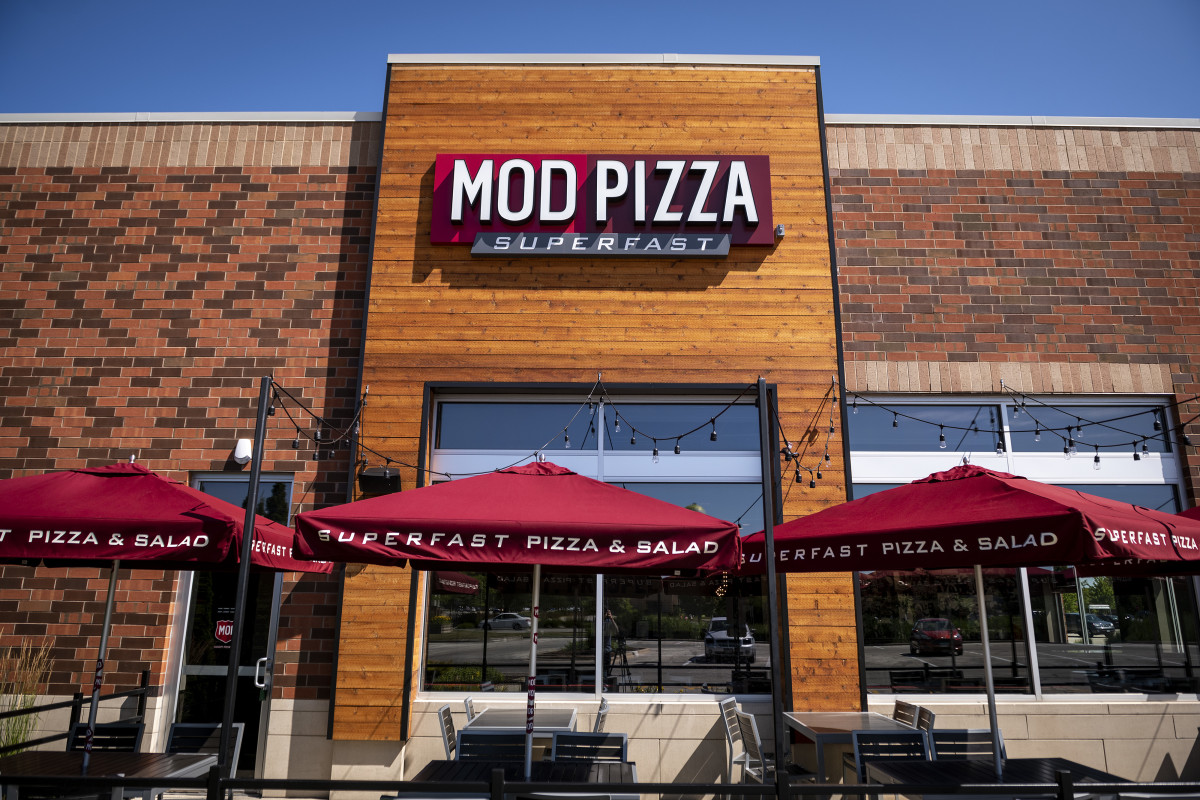Controversial national restaurant chain closes several locations
Economic challenges have forced several casual and fast casual restaurant chains to close unprofitable or underperforming locations this year.
Red Lobster is the first chain that comes to mind as it shuttered 93 locations nationwide when it filed Chapter 11 bankruptcy on May 19. The casual restaurant chain might close another 135 units, as court papers revealed that 228 of the chain’s restaurants were not profitable in their current lease situations.
Related: Walmart suddenly closing more stores in 2024
Mexican fast-casual chain Rubio’s Coastal Grill was victimized by California’s minimum wage law that went into effect April 1. California’s AB 1228 increased the minimum wage for fast-food workers working at chains that have more than 60 locations in the state from $16 to $20 per hour.
Rubios on June 5 filed for Chapter 11 protection to restructure its debt and close 48 locations in California. The restaurant chain, which had 150 locations at its peak, had 134 units in California, Arizona, and Nevada before closing the 48 restaurants.
Tex-Mex chain Tijuana Flats Restaurants, which at one time had as many as 123 locations, on April 19 filed for Chapter 11 bankruptcy in the U.S. Bankruptcy Court for the Middle District of Florida, sold the company to a new ownership group and closed 11 of its locations.
Houston Chronicle/Hearst Newspapers via Getty Images/Getty Images
Hooters closing dozens of locations
Finally, controversial casual dining chain Hooters has added to the growing list of restaurant companies that have closed a large number of underperforming locations blaming a challenging operating environment.
Hooters on June 24 acknowledged its plan to close about 40 locations across the country as operating costs remain high and customers become more discerning, Nation’s Restaurant News reported.
Related: Huge department store chain follows Macy’s in closing more stores
“Like many restaurants under pressure from current market conditions, Hooters has made the difficult decision to close a select number of underperforming stores” the company wrote in a statement. “Ensuring the well-being of our staff is our priority in these rare instances. With new Hooters restaurants opening domestically and internationally, new Hooters frozen products launching at grocery stores, and the Hooters footprint expanding into new markets with both company and franchise locations, this brand of 41 years remains highly resilient and relevant.
“We look forward to continuing to serve our guests at home, on the go and at our restaurants here in the U.S. and around the globe.”
The Atlanta-based casual restaurant chain, which specializes in chicken wings, opened its first restaurant in Clearwater, Fla., in 1983 and has battled controversy and lawsuits since opening. It currently franchises and operates about 420 locations in 29 countries.
More closings:
- Popular craft brewery closes as owner files Chapter 7 bankruptcy
- Express survives Chapter 11 bankruptcy, closes about 100 stores
- Iconic nationwide restaurant chain closes some locations (but that’s not the whole story)
In September 2023, Hooters of Louisiana and associated companies agreed to a settlement to pay Black employees $650,000 in a race and retaliation lawsuit brought by the U.S. Equal Employment Opportunity Commission.
The lawsuit accused Hooters of subjecting Black employees at a Metairie, La., location to offensive and demeaning remarks based on their race since at least 2017, according to a statement. Hooters allegedly did not rehire any of its black employees after laying off staff during the 2020 Covid pandemic and only restaffed solely with non-Black employees. Several laid off Black employees complained about offensive racial remarks and hiring practices, but none of the Black former employees were rehired despite their qualifications.
The alleged conduct violated Title VII of the Civil Rights Act, which prohibits discrimination based on race, the EEOC asserted.
The EEOC filed its lawsuit in U.S. District Court for the Eastern District of Louisiana, which resulted in a three-year consent decree requiring Hooters to pay former employees $650,000 in backpay and damages and conduct training, revise policies, provide regular reports to the EEOC and post a notice affirming Hooters’ obligations under Title VII.
“The law does not tolerate harassment or refusing to hire based on race, and it does not tolerate retaliating against employees for complaining about discrimination,” said Peter Theis, trial attorney in EEOC’s New Orleans field office.
Hooters also has faced several other lawsuits in recent years over alleged wage disputes, racial discrimination, gender discrimination and sexual harassment.
Related: Veteran fund manager picks favorite stocks for 2024
Source link




